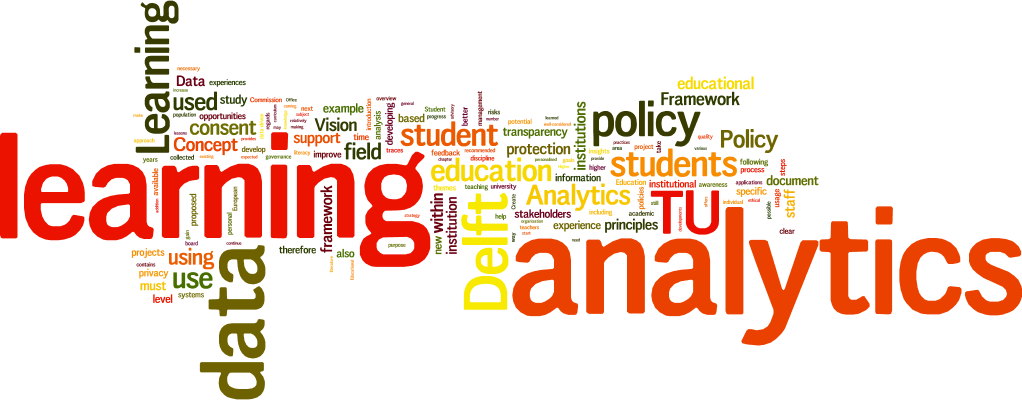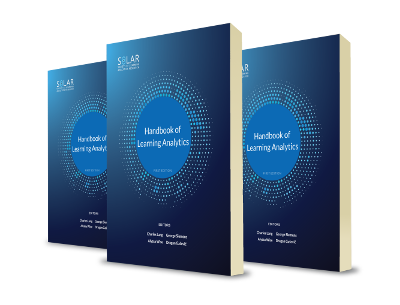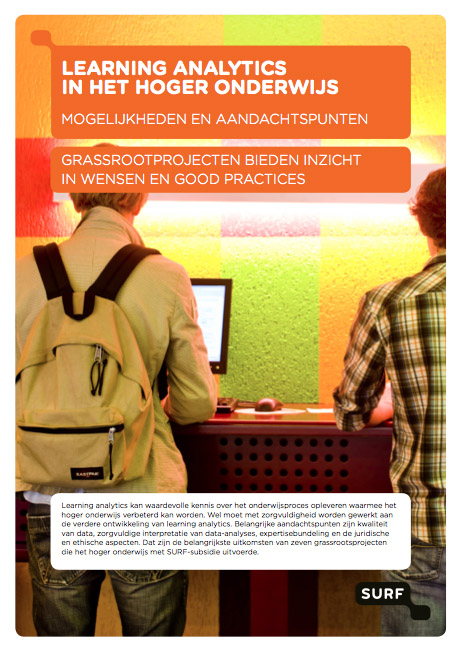Earlier this year JISC has published an interesting report on Learning Analytics:
Drawing on eleven case studies, we examine why institutions are deploying learning analytics, and what the benefits are for learners. We also discuss the main data sources being drawn upon by institutions and the technical architecture required.
The emphasis of the report is on investigating the evidence for learning analytics: what impact is it having, and to what extent can the algorithms actually predict academic success? We also look at how institutions are carrying out interventions to attempt to retain students at risk, and provide better support for all students as they progress through their studies.
The report clearly defines 4 different contributions Learning Analytics can bring:
- As a tool for quality assurance and quality improvement
Learning Analytics can give lecturers much more insight in the effectiveness of their courses, information on improvements they can make and contribute to the quality assurance process.
- As a tool for boosting retention rates
Learning analytics can provide students with an opportunity to take control of their own learning, give them a better idea of their current performance in real-time and help them to make informed choices about what to study.
- As a tool for assessing and acting upon differential outcomes among the student population
Learning Analytics can provide valuable insights in making education more inclusive for minority groups.
- As an enabler for the development and introduction of adaptive learning
personalised learning delivered at scale, whereby students are directed to learning materials on the basis of their previous interactions with, and understanding of, related content and tasks.
I agree with the authors that learning analytics has the potential to transform the way we measure impact and outcomes in learning environments. The field of Learning Analytics is developing quickly, also driven by the research in MOOCs. Further investment in LA will lead to better outcomes for students, universities and wider society.






